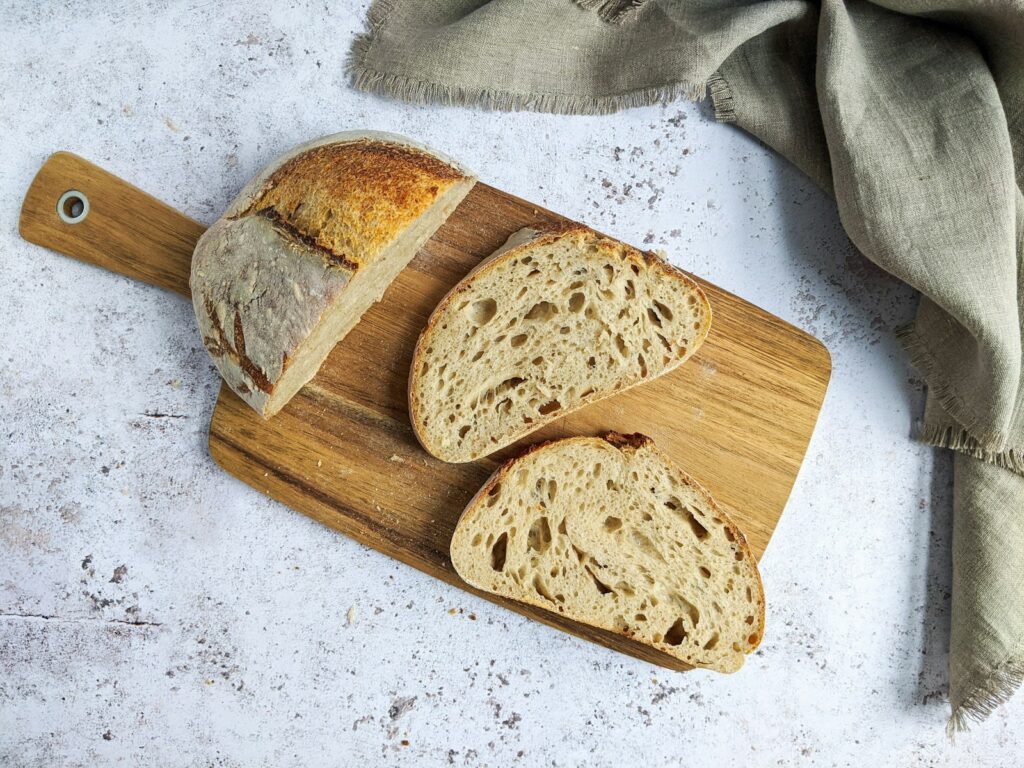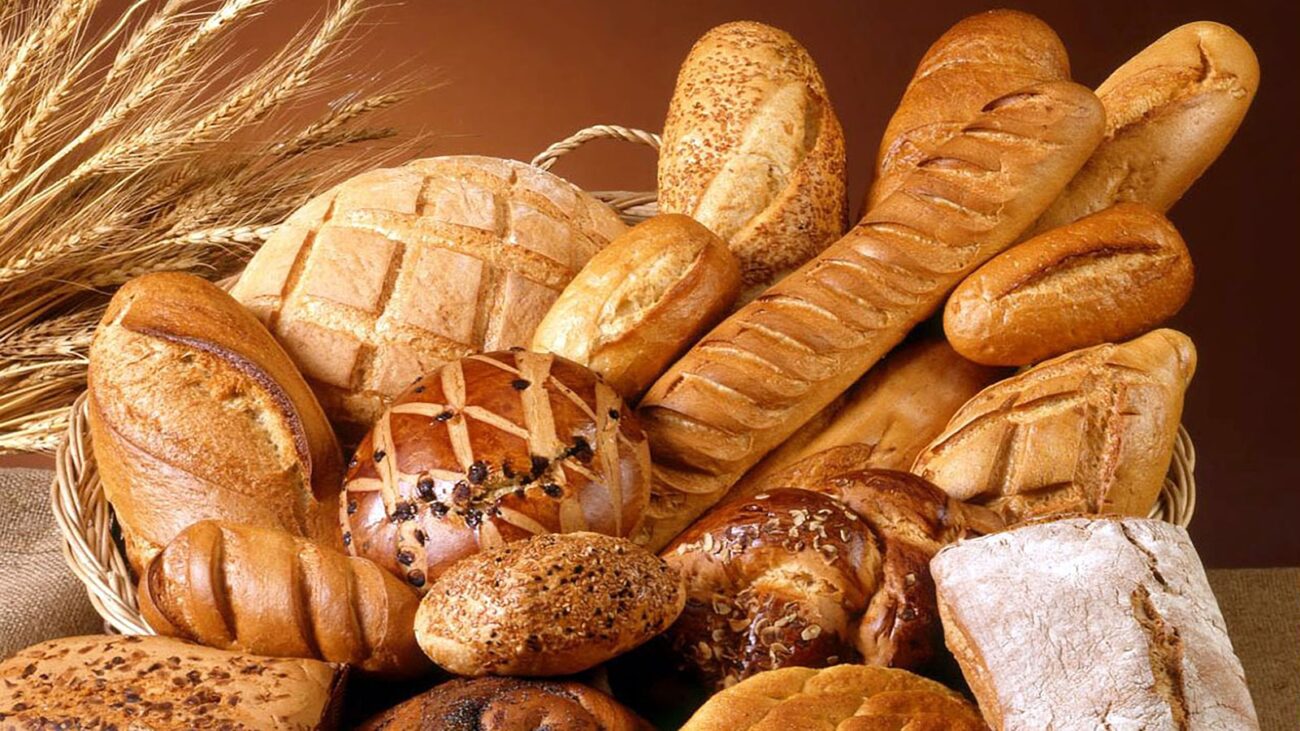Bread is one of the world’s most common comfort foods—soft, fluffy, and delicious whether it’s toasted for breakfast, used in a sandwich, or dipped into soup. But while bread can be satisfying and convenient, eating too much of it may come with downsides.
If bread plays a big role in your daily diet, here are 7 potential negative effects it can have on your health.
1. Weight Gain and Belly Fat
Most bread, especially white bread, is high in refined carbohydrates. These carbs are quickly digested, leading to spikes in blood sugar and increased hunger soon after eating. Over time, this can contribute to weight gain, especially around the belly.
2. Blood Sugar Spikes
Refined bread lacks fiber, causing it to break down rapidly into glucose. This results in sudden sugar surges followed by energy crashes. For people with diabetes or insulin resistance, this can make managing blood sugar more difficult.
3. Low in Nutrients
White bread is often stripped of vitamins, minerals, and fiber during processing. While some breads are “fortified,” they still don’t compare to whole grains, vegetables, or legumes when it comes to nutrient density.
4. Digestive Issues
Many types of bread contain gluten, a protein that some people struggle to digest. For those with celiac disease or gluten sensitivity, eating bread can cause bloating, gas, diarrhea, or stomach discomfort.
5. Increased Risk of Heart Problems
Diets high in refined carbs like white bread are linked to higher triglyceride levels and lower HDL (“good”) cholesterol. This combination may raise the risk of heart disease over time.
6. Cravings and Overeating
Because bread digests quickly, it doesn’t keep you full for long. This can trigger cravings and overeating, leading to a cycle of hunger and excess calorie intake.
7. Potential for Hidden Additives
Store-bought bread often contains preservatives, added sugars, and unhealthy oils to improve shelf life and texture. Consuming these regularly may contribute to inflammation and poor long-term health.
🥖 Healthier Alternatives & Tips
- Choose whole grain or sprouted bread over white bread for more fiber and nutrients.
- Limit bread portions—try one slice instead of two.
- Replace bread with healthier options: lettuce wraps, sweet potatoes, quinoa, or oats.
- Bake your own bread with simple ingredients to avoid additives.

Bread doesn’t have to be completely off-limits, but eating too much—especially refined varieties—can negatively affect your health. By being mindful of your portions and choosing healthier alternatives, you can still enjoy bread without the drawbacks.

